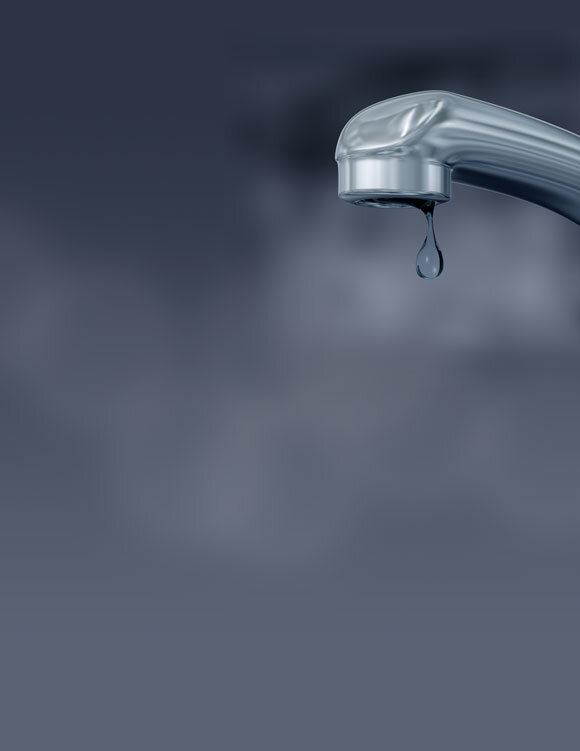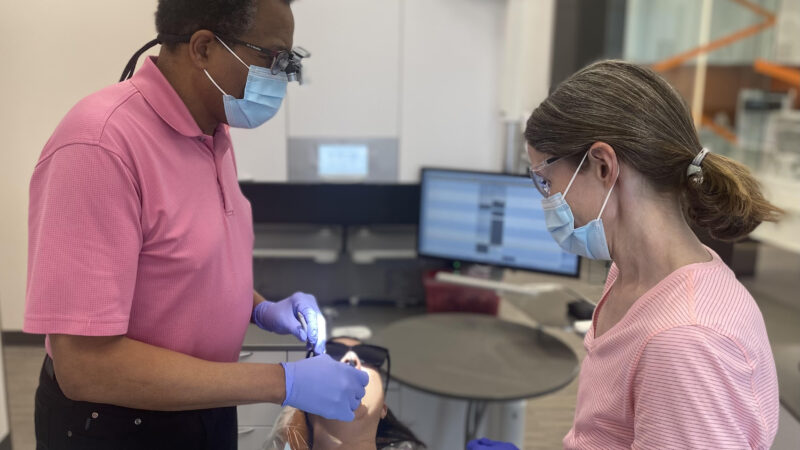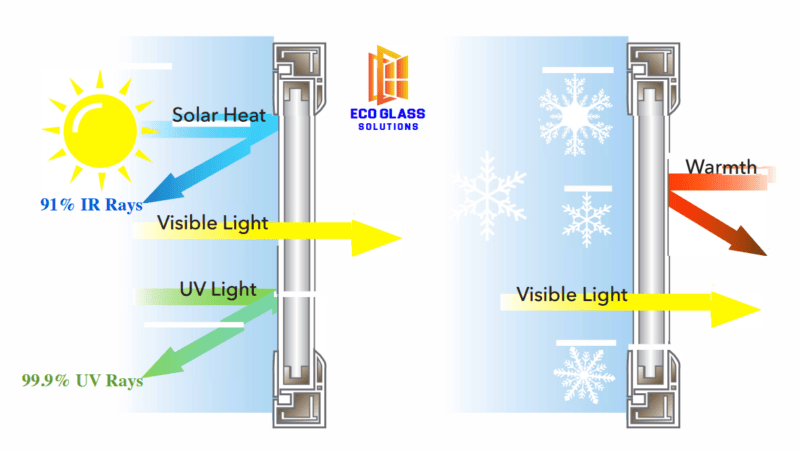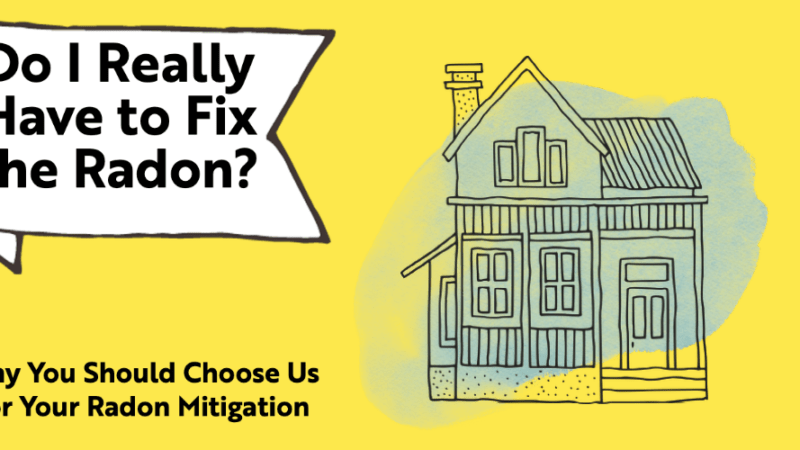Fresh Water

The premise that fresh water is a free and unending commodity is not to be taken for granted. Oil is an expensive, finite commodity and one over which political and economical considerations have been yielded. In the future, fresh water will become a scarce commodity, reason enough for neighboring countries to spar over; not to mention the detrimental impact our dependence and usage of water has had on the environment.
If one has lived through a drought with attendant efforts to re-adjust lifestyle, one appreciates the importance of mindfulness in making every effort to save, reduce and reuse this valuable resource.
Low flow toilets are replacing old models. Waterless urinals and hands-free washrooms are the norm in new buildings and public building retrofits. Water conserving faucets, showerheads and hot water saving devices are being installed in new construction and renovations where permits are required.
Calculations of water saved if every family collected shower run-off waiting for water to warm up, would be significant. Showers shouldn’t run longer than two to three minutes.
Research the benefits of front end loaded washing machines.
Water collection barrels can be hooked up to your downspout.
One Canadian company’s logo of ‘Rescue, Recycle, Reduce and Reuse’, rescues unwanted food grade plastic barrels from landfill sites, and remodels them as ‘rain harvesting barrels’. Collecting rain water reduces dependence on municipal water, eliminates chlorine, is healthier for plants and the environment, and saves money.
Rain water can be collected at roof level to avoid pumping requirements and used for rooftop gardens. Solar powered pumps can be utilized for collection and use in saving energy costs. Grey, rain and black water can be recycled with a biofiltration system for use on rooftop gardens.
A company in the States manufactures and sells copper rain chains to hang instead of downspouts. Rain flows down from one cup to the next until it reaches the catching container placed underneath.
Available for restaurants with dish service is a high velocity pre-rinse spray valve.
Use bio-degradable detergents for both dishes and laundry.
Sweep off your driveway instead of hosing it down.
Keeping rivers and natural waterways clean requires education on illegal chemical fertilizers, paints, detergents made with phosphates and oils dumped into gutters, manholes or catch basins. These need to be disposed of in the appropriately designated manner.
Businesses, industrial, commercial and institutional organizations should create water audits to identify leakages, monitor their usage, how best to reduce consumption of water, and in some heavy industry practices the resulting toxic effluence flushed back into the water systems.
Highly responsible practices will lead to much greater savings of fresh water for now and in the future.
Become aware and live consciously.








